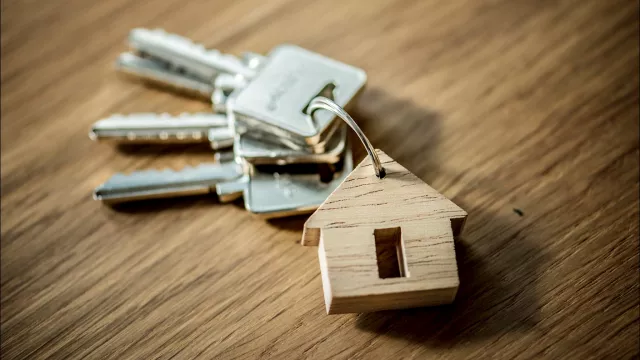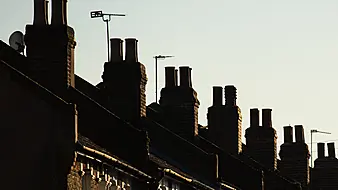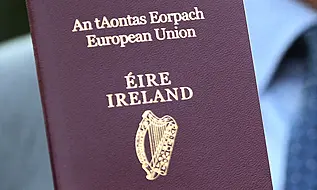The annual asking price of properties was up 7.8 per cent in the third quarter of the year according to the latest figures from MyHome.ie.
The report, conducted in association with Davy, shows a 1.3 per cent decline on the previous quarter nationally, with asking prices also down 1.1 per cent in Dublin and 1 per cent across the country excluding Dublin over the same period.
MyHome added the median asking price nationally is now €320,000, rising to €420,000 in Dublin and falling to €270,000 when the capital is taken out of consideration.
"The Irish housing market has started to normalise as activity levels return to usual season patterns," MyHome said.
Housing stock is also said to be increasing as vendors return to the market, with the website noting a 46 per cent increase in properties for sale in September compared to the start of the year.
The average time for buyers to reach sale agreed on a property in Q3 fell to 2.6 months nationwide, which MyHome said was "indicative of a very tight housing market".
Residential property market transactions from January to August were up 8.1 per cent on 2021 figures, or 6.8 per cent on 2019, while average mortgage approvals in the year rose by 8 per cent.
In the second quarter of 2022, over 7,600 housing units were completed, with MyHome adding that completions are now likely to exceed their previous forecast for the year of 26,500 units.
Despite the market normalising, the report author Conall MacCoille, chief economist at Davy, said the figures do not necessary mean persistent price falls will follow.
"Asking prices are typically weak as the busy summer trading season peters out and fell in both Q3 2018 and Q3 2019. After the disruption of the Covid-19 pandemic, the usual seasonal pattern has re-emerged," he explained.
Recent increases to interest rates will lead to slower price growth, Mr MacCoille said, adding however that pent-up demand in the market remained strong.
"Looking forward, we expect that Irish house asking prices will grow by 6 per cent through 2022 and by 3 per cent in 2023.
"There are of course many risks to this view. Ireland potentially faces an energy crisis this winter amid fears of a full-blown European recession brought on by events in Ukraine and surging natural gas prices," he added.







